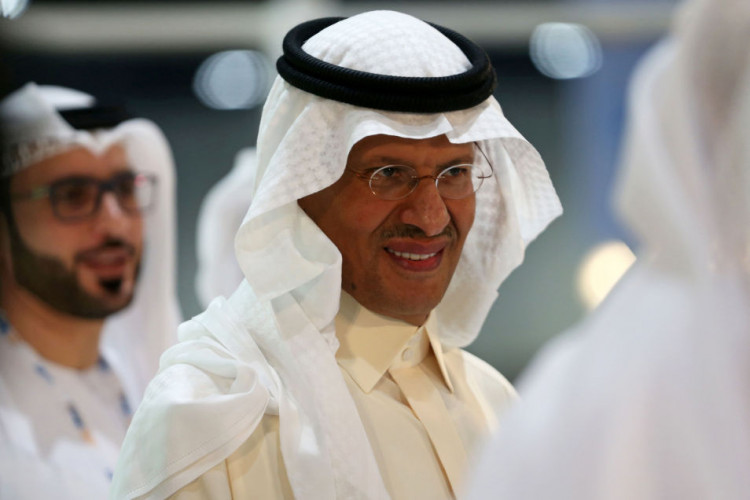King Salman of Saudi Arabia fired his Energy Minister, Khalid Al-Falih, and appointed one of his sons as a replacement, marking a major shake-up at the pinnacle of the world's biggest oil producer as a member of the royal family takes the helm of the oil empire for the first time.
The new energy official, Prince Abdulaziz bin Salman bin Abdulaziz al-Saud, buckles down to work following years as a member of the Kingdom's delegation to the Oil Petroleum Exporting Countries.
The Saudi king figuratively let the ax fall on Al-Falih for one reason: he failed to deliver the impossible task of bringing oil prices higher. This was the same fate that befell his predecessor, Sheikh Zaki Yamani, who was terminated as energy minister by King Fahd in 1986 for failing to lift the price of oil to $18 a barrel.
Prince bin Salman is Crown Prince Mohammed bin Salman's older half-brother. Details as to why Al-Falih was replaced was not immediately clear, but sources have it that the decision is unlikely to usher in a transformation in Saudi Arabia's energy regulations.
The latest revamp seeks for a new official that will steer the Kingdom's oil future as it braces for the highly anticipated initial public offering of Saudi Aramco, officially known as Saudi Arabian Oil Company -- among the biggest energy conglomerates in the world in terms of sales. According to a Bloomberg report, Saudi Aramco is currently the world's most profitable company.
Prince Abdulaziz's appointment as Energy minister underscores the key challenges being faced by Saudi Arabia as the country is mired in uncertainty over the future prices of its crude and oil, as well as a sluggish shift to a more diversified global entity.
In a Bloomberg News interview late Sunday, Suhail Al-Mazroue, United Arab Emirates oil minister, disclosed that the revamp "does not mean a change in strategy." In contrast, a Russian energy minister, who asked not to be revealed, divulged that his country will maintain a critical alliance with Saudi Arabia even after Al-Falih's removal.
Meanwhile, global oil demand growth is low, while American crude output from its shale inventory shows little indication of losing momentum. US production generated a record 12.65 million barrels per day (MBD), based on August data as new export pipelines projected in the coming months prompt US energy officials to produce some 13.85 MBD by end of 2019.






